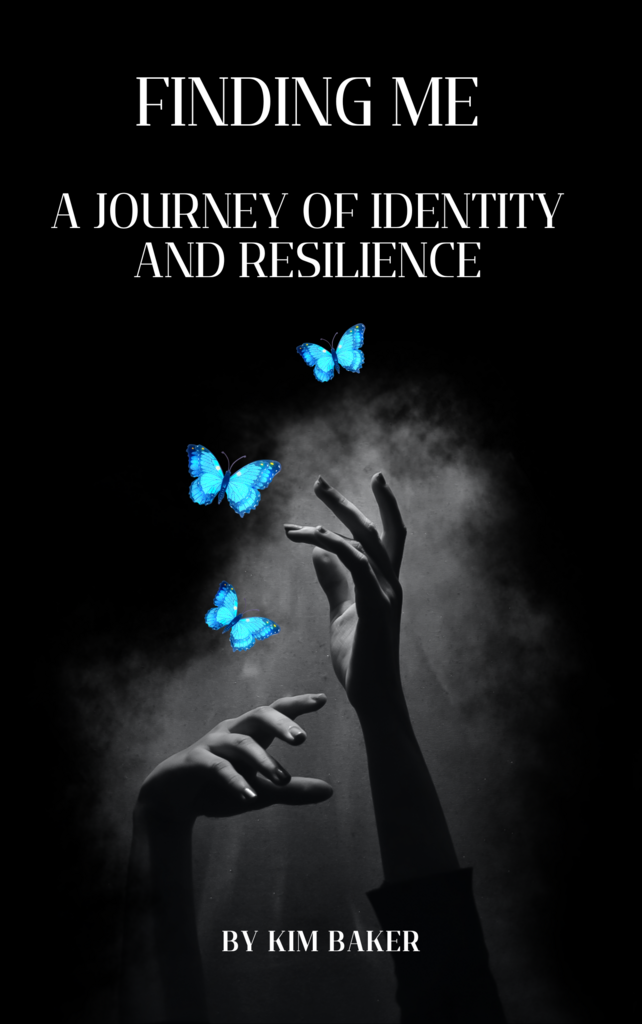This is the intro to my memoir about finding myself and not giving up in the midst of toxicity.
Finding Me!
A Journey of Identity and Resilience
Born into a pure-blooded French family, my arrival was far from celebrated. I was the mistake, the last one born into a lineage rich in heritage yet laden with its own struggles. My father, a WWII disabled Navy veteran, bore the scars of service, while my mother relinquished her dreams of a music career to marry him. Together, they raised me in a small Catholic French town in southern Maine—a sheltered environment steeped in our heritage.
Behind the familiarity of Biddeford, is where the French community thrived. South Portland was a world apart, populated by people who were not French, and it was here that I faced my first battle for identity. Speaking only French, I was thrust into an English-speaking world when I started school. The language barrier was isolating, but the discrimination was worse. I quickly became the target of relentless bullying, an experience that instilled in me a deep shame for my ethnicity. In an act of defiance-or—or perhaps survival—I vowed never to speak French again. The vow was so successful that I lost my fluency, though the ability to understand it lingered like a distant echo of a forgotten melody.
Language, however, was just one facet of the challenges I faced. Home was no sanctuary. I grew up in an environment shadowed by alcoholism and toxicity, a place where love was conditional and stability elusive. Panic attacks became a part of my daily existence, as did a gnawing fear of abandonment. I carried the weight of self-hate, a burden that was only compounded by my struggles with a learning disability and the fact that I never owned a book until adulthood. Words, whether in French or English, seemed to conspire against me, further isolating me from a world I longed to understand.
Yet, amidst the hardship, there was an undercurrent of resilience. The adversity I faced shaped me, not as a victim, but as someone who refused to be defined solely by struggle. My rejection of my language and heritage was not just an act of shame but also one of adaptation, a way to carve out a place for myself in an unwelcoming world. The path was far from linear, marred by setbacks and moments of despair, but it was mine.
This journey has left its indelible marks—both scars and strengths. While I may have lost the ability to speak French fluently, I gained an acute understanding of the complexities of identity and the courage it takes to rebuild oneself from the fragments. My story is not one of mere survival but of transformation, a testament to the resilience of the human spirit. Today, I carry my past not as a weight but as a map, guiding me toward a deeper understanding of where I come from and where I am capable of going.